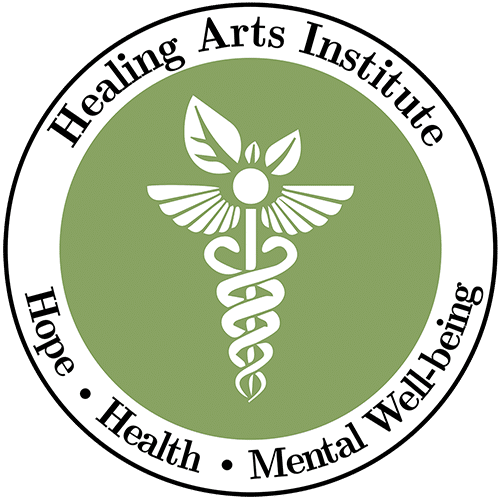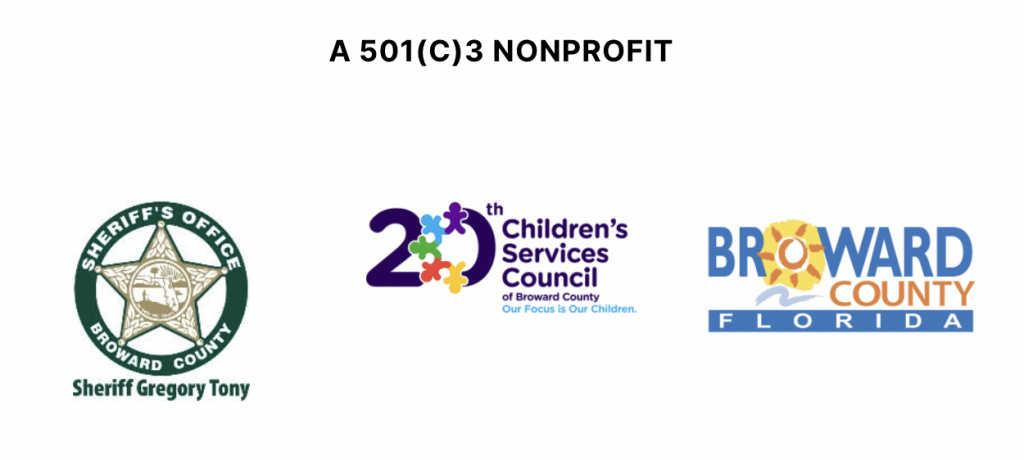
What if I told you that I know of a way to improve memory, lower anxiety, reduce pain, and even help with improving your overall state of physical health?
Normally a claim like this might be followed up with a request for your credit card number and a 30-day money-back guarantee, but I assure you this is nothing of the sort.
I propose that there is a clinically proven way to realize these benefits and more without a doctor’s prescription. You do not have to spend a single penny.
It’s not a pill or a dietary supplement, but it can regulate the genes that are responsible for the way your body metabolizes sugar, how you fall asleep, and the processes that are involved in inflammation.
Do I have your attention yet?
This ‘secret’ is a well-studied and evidence-based technique chronicled in studies conducted by Harvard University and the Mayo Clinic. It has been known for centuries but has only recently found its way into mainstream practice.
It may be the simplest thing you ever learn how to do, and yet one of the most difficult things you will ever try to master.
And no, it’s not meditation…
We talk about mindfulness a lot here at Healing Arts Institute. I figured it was about time that we finally go into more depth about what it is, and how you can begin to benefit from it.
“Mindfulness is essentially the ability to train your mind so that you are more aware of your current surroundings and your state of emotions.”
What mindfulness is (and what it is not)
Mindfulness is essentially the ability to train your mind so that you are more aware of your current surroundings and your state of emotions. Without even being aware of it, we often obsessively fixate on past events or worry about the future.
This creates two big problems.
- We spend too much emotional energy on things that we may not have any control over.
- We work ourselves into a near-constant state of depression, anxiety, and emotional stress.
As smart as we are, our brains have a difficult time telling the difference between a real and perceived threat. If we spend too much time worrying about future events, our brains will keep our bodies in a heightened state of alert. That means stress hormones, weight loss (not the good kind), nerve pain, and digestive issues.
Ruminating over the past isn’t much better. We tend to develop depressed emotional states.
Practicing mindfulness is not something we have to schedule into our day. It’s not some weird addition to our routines or personalities. Mindfulness is often associated with meditation, but that’s only partly true.
Mindfulness is a way of life that helps us to focus on the here and now – after all, that’s where we live.
How you can live a mindful life
Wherever you go, there you are
Next time you find yourself taking a walk, sitting at your desk, or enjoying a beautiful sunny afternoon, don’t allow your mind to wander. Pay attention to everything around you – the sun on your skin, the sound of your footsteps on the sidewalk, and the scents around you. Pay attention to the colors and objects you are seeing at that moment. You don’t have to have an opinion or appreciation for any of it, just be aware that they are there.
Breathe. Focus on every sensation.
When you find your mind wandering and the nervousness creeping in, bring yourself back to the present and focus.
Scan your emotions
I will bet you rarely take the time to make yourself aware of how you react to stress, but your body knows. Negative emotions tend to manifest physically as muscle tension.
When you find yourself sitting at work or at home, give yourself a quick body scan.
Close your eyes and concentrate on your toes. Slowly work your way up each part of your body and see if you can recognize the presence of tension. Chances are you may notice muscles that are tense or sore. People tend to concentrate tension in the same parts of their bodies.
Once you notice where your tension manifests, it becomes easier to recognize when you are entering into an emotionally stressed state.
Being aware of your body’s reaction to stress can curtail many of the negative emotions associated with it.
Be aware of what you are feeling
Irritability and anger are common emotions for people who are not tuned into their emotional state. They are our base reactions when we are feeling confused or in an unfamiliar situation.
By slowing down and identifying our emotions as we experience them, we can train our minds to recognize adverse or negative emotions.
When we become more aware of when we are feeling, we become better equipped to calmly handle the situations that create them. As you go about your day, give yourself a quick survey. Identify any emotion that you are experiencing at that moment.
If you are having difficulty expressing or identifying certain emotions, reaching out to a trusted friend, family member, or trained therapist might help to start you down the right path.
Healing Arts Institute trains and employs only the most qualified licensed therapists to help you in your healing journey. We will work together at your own pace to discover your best self and to live your best life.
Citations:
Knox, Richard. “Harvard Study: Clearing Your Mind Affects Your Genes And Can Lower Your Blood Pressure | CommonHealth.” WBUR.Org, 6 Apr. 2018, www.wbur.org/commonhealth/2018/04/06/harvard-study-relax-genes.
“Mindfulness Exercises.” Mayo Clinic, 15 Sept. 2020, www.mayoclinic.org/healthy-lifestyle/consumer-health/in-depth/mindfulness-exercises/art-20046356.
Moore, Catherine Psychologist. “What Is Mindfulness?” PositivePsychology.Com, 17 Mar. 2021, positivepsychology.com/what-is-mindfulness.
Powell, Alvin. “Harvard Researchers Study How Mindfulness May Change the Brain in Depressed Patients.” Harvard Gazette, 9 Apr. 2018, news.harvard.edu/gazette/story/2018/04/harvard-researchers-study-how-mindfulness-may-change-the-brain-in-depressed-patients.
“What Is Mindfulness?” Mindful, Mindful.org, www.mindful.org/what-is-mindfulness. Accessed 12 Apr. 2021.


No responses yet